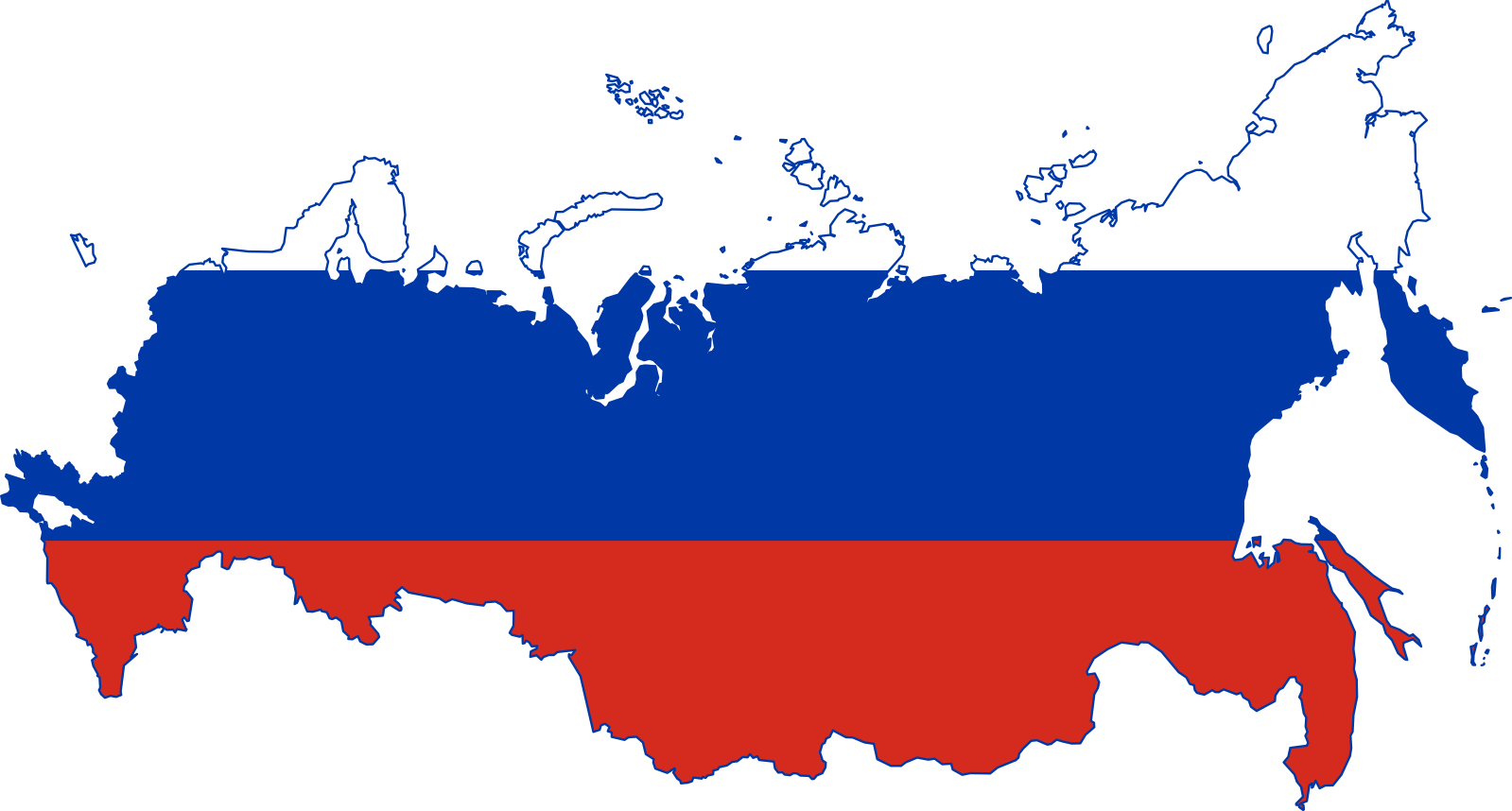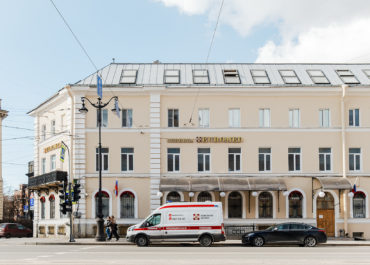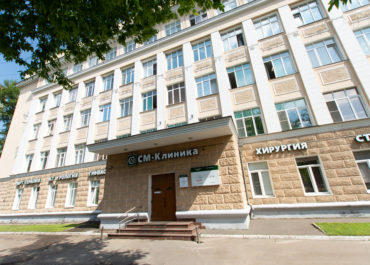Infectious diseases - treatment in Russia
Infectious diseases include an extensive group of diseases caused by specific pathogenic (pathogenic) pathogens and transmitted from an infected individual to a healthy one. The peculiarities of infectious diseases are their contagiousness (contagiousness), the ability to mass epidemic spread, the cyclical course and the formation of post-infectious immunity. However, these features are expressed to varying degrees in different infectious diseases.
Infectious diseases develop as a result of a complex biological process of interaction of a pathogenic microorganism with a susceptible macroorganism under certain conditions. There are several periods in the development of infectious diseases: incubation (latent), prodromal (the period of precursors), the period of development of clinical manifestations, the period of the outcome of the disease. The outcome of the infectious process can develop in several ways: convalescence (recovery), lethality, bacterial carrier, transition to a chronic form.
Infectious diseases account for 20 to 40% of the total structure of human diseases. Many medical and microbiological disciplines are engaged in the study, treatment and prevention of infections: actually infectious diseases, epidemiology, venereology, urology, gynecology, therapy, phthisiology, otolaryngology, immunology, virology, etc.
The number of infectious diseases known to science is constantly increasing and currently has more than 1,200 units. During his life, a person comes into contact with a huge number of microorganisms, but only 1/30000 of this community is capable of causing infectious processes. Viruses, rickettsias, bacteria, fungi have pathogenicity properties.
Depending on the location of the predominant localization of the process and a certain mechanism of transmission, infectious diseases are divided into intestinal (dysentery, cholera, salmonellosis, escherichiosis, paratyphs A and B, typhoid fever, food poisoning); respiratory tract infections (ARVI, influenza, chickenpox, measles, mycoplasma respiratory infection); external integuments (erysipelas, anthrax, scabies); blood infections (HIV infection, malaria, yellow fever, recurrent and typhus); infections with multiple transmission routes (enterovirus infections, infectious mononucleosis).
By the nature of the pathogen, infectious diseases are distinguished: viral (viral hepatitis A, B, D, E and C, influenza, rubella, measles, cytomegalovirus and herpes infections, HIV infection, meningococcal infection, hemorrhagic fevers); bacterial (staphylococcal and streptococcal infection, cholera, salmonellosis, plague, dysentery); protozoal (malaria, trichomoniasis, amoebiasis); mycoses or fungal infections (aspergillosis, candidiasis, epidermophytia, cryptococcosis).
Infectious diseases are divided into anthroponotic and zoonotic. Anthroponoses include infections peculiar exclusively to humans and transmitted from person to person (smallpox, diphtheria, typhoid fever, measles, dysentery, cholera, etc.). Zoonoses are animal diseases that can also infect humans (foot-and-mouth disease, anthrax, rabies, tularemia, plague, listeriosis, leptospirosis, brucellosis).
Diseases caused by pathogens of animal origin – parasites (ticks, insects, protozoa) are called invasive or parasitic.
Among infectious diseases, there is a group of particularly dangerous (quarantine) infections with a high degree of contagion, a tendency to rapid spread, a severe epidemic course and a high risk of death in the shortest possible time from the moment of infection. Plague, smallpox (considered eradicated in the world since 1980), cholera, yellow fever (and similar epidemiology of Marburg fever and Ebola) are classified as particularly dangerous infections by the World Health Organization. Tularemia and anthrax are also classified as particularly dangerous infections in our country.
Treatment of patients with infectious diseases is carried out in specialized hospitals or departments, in mild cases – at home. A prerequisite for the successful treatment of infections is compliance with a strict anti-epidemic regime. The prevention of most infectious diseases is the observance of sanitary and hygienic rules and specific immunization.
If you haven’t find the disease you are searching for or you have any other questions our managers are ready consult you free of charge 24/7
25 Hospitals
Here you can find information about Russian hospitals that treat Infectious diseases.
Available online consultations with doctors
Available online consultations with doctors
Available online consultations with doctors
Available online consultations with doctors






